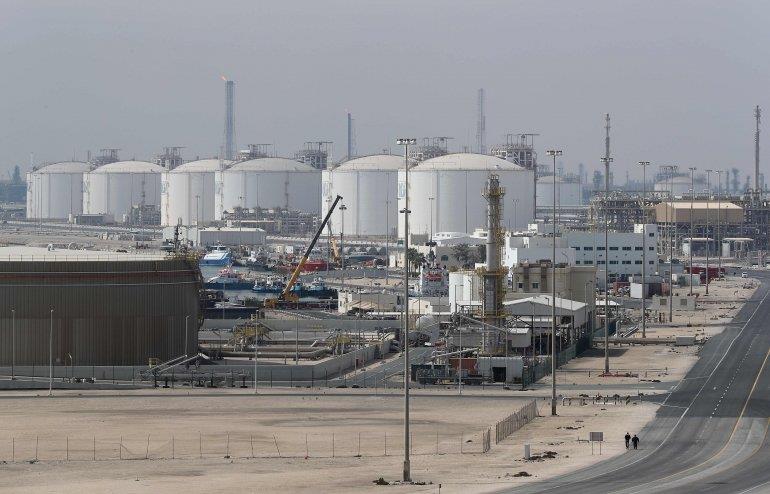
Qatar- Energy & telecoms form 46% of GCC heavy stocks
The state-owned entities (SoEs), such as social security and pension funds, sovereign wealth funds (SWFs), ministries and governments are important institutional investors in the GCC stock markets. An analysis of publicly listed stocks in GCC revealed that 74 SoEs have invested in 172 publicly listed companies, for an overall investment value of $261bn, or approximately 28 percent of the total market capitalisation in GCC markets, Marmore MENA Intelligence, a subsidiary of Kuwait Financial Centre ‘Markaz', said in a report that analysed the holdings of SoEs in GCC companies and their performance in the stock markets.
The top 15 stocks with SoE holdings are named ‘SoE heavy stocks', as they account for 74 percent of the total SoE holdings in GCC markets, and are from three GCC countries: Saudi Arabia, Qatar and UAE. As expected, Saudi Arabia dominates the portfolio with a share of 64 percent, as it has the highest market capitalization in the region. The other expected trend was how GCC SoE invest only in large-cap companies, barring Bahrain and Oman, where they have invested primarily in small caps.
Five companies among the SoE heavy stocks have 75 percent or more of their shares held by one or more SoEs. Among them, Saudi Telecom Company had 84 percent of its shares held by SoEs, which was followed by Saudi Electricity Company and DP World, with SoE holdings of 81percent and 80 percent, respectively.
Public investment fund (PIF), General Organization for Social Insurance and Public Pension Agency lead the charge in KSA, with PIF holding 70 percent stake in SABIC; the largest holding among SoEs in the GCC. Dubai World holds 80 percent in DP World, making it the second largest SoE, in terms of investments, after Investment Corporation of Dubai.
Qatar Investment Authority (QIA) has its investments in three Qatari banks.
'If we were to group these 15 stocks as a portfolio (say, SoE heavy stocks), they have both performed better, were less volatile and were better diversified than say the S & P GCC index. In terms of performance for the period 2012-16, SoE Heavy Stocks Portfolio returned 11.7 percent (annualized) while the S & P GCC Composite Index returned 1.6 percent (annualized) yielding a significant out performance of 10 percent (annualized).
In terms of sectors, oil and gas and telecom companies in the GCC account for 46 percent of the SoE heavy stocks. During 20112014, the oil and gas companies, and companies in allied sectors, such as petrochemicals and industrials, were able to reap better profits, owing to the high oil price (around $100/barrel).
GCC companies enjoyed cost advantage, as they were able to obtain fuel at subsidized cost. This led to better financial and stock performance of these companies during 20112014, though they faced headwinds in 2015-16. During that period, performance of telecommunication companies made up for the downfall of oil stocks.
In terms of market capitalisation, Saudi has 64 percent of the investments in the portfolio of SoE heavy stocks compared to its share in the S & P GCC composite index at 51 percent. After KSA, Qatar has the highest share in the SoE heavy stocks (22 percent), whereas it accounts for 15.1 percent in the S & P GCC composite index.
UAE's share in SoE heavy stocks stands at 14 percent, lesser than its weightage in the S & P GCC index (18 percent), as large-cap companies such as EMAAR properties do not have SoE holdings, but they form part of the S & P GCC composite index. SoE heavy stocks do not have any investments in Kuwait, Oman and Bahrain, although these countries have a share of 10 percent, 2.9 percent and 2 percent, respectively, in the S & P GCC composite index.

Legal Disclaimer:
MENAFN provides the
information “as is” without warranty of any kind. We do not accept
any responsibility or liability for the accuracy, content, images,
videos, licenses, completeness, legality, or reliability of the information
contained in this article. If you have any complaints or copyright
issues related to this article, kindly contact the provider above.


















Comments
No comment